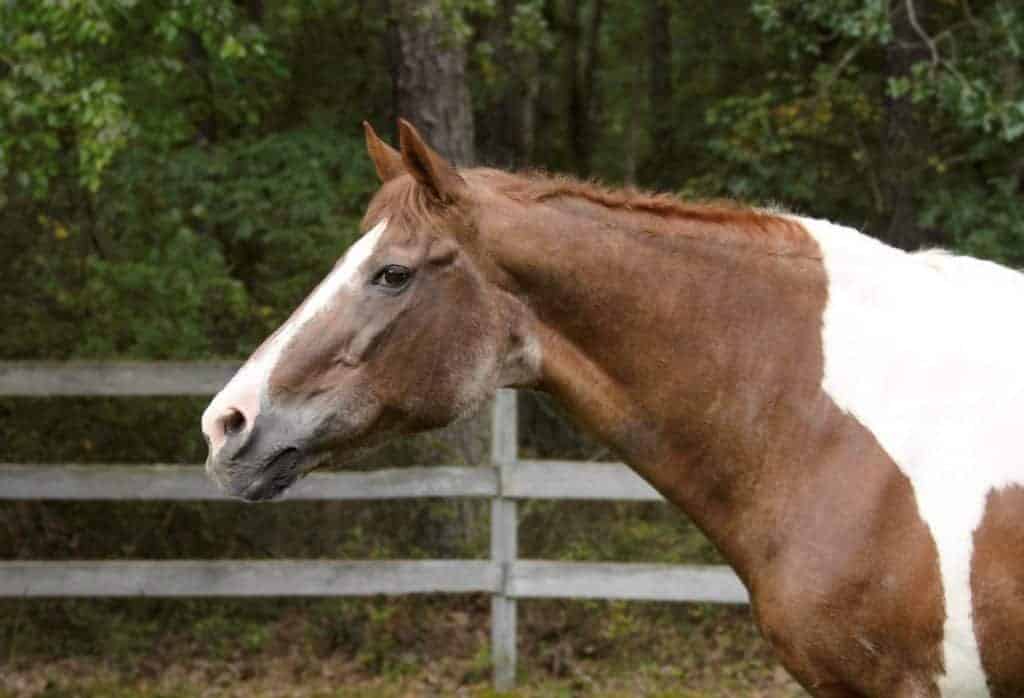
Keeping Horse Airways Healthy During Winter
Consider these tips to help protect your horse’s breathing zone and most effectively achieve optimal respiratory health this winter.

Consider these tips to help protect your horse’s breathing zone and most effectively achieve optimal respiratory health this winter.

Researchers believe nasopharyngeal cicatrix is the result of an environmental agent, possibly found in pasture, but they still don’t know for sure what causes it, how to best manage it, or why it generally affects horses in a specific part of Texas. Here’s what you should know.

Researchers have suggested a link between DDSP and lower airway inflammation in racehorses, but the concept hadn’t been explored in sport horses. So, scientists in Belgium reviewed medical to identify instances and outcomes of DDSP treated medically.

Are breathing issues slowing your horse down? Here are some surgical and management options that might help.

Look for equine respiratory health content during Respiratory Care Awareness Week, which takes place October 22-26, 2018.

Research on equine airway issues is important as almost all horses suffer from respiratory tract disorders, some performance-limiting, at some point in their lives, veterinarians say.

Many owners associate this disease with young or old horses, but horses of any age can get pneumonia.

While every horse needs quality air to breathe, senior horses are particularly at risk for respiratory diseases.

Veterinarians have tools at their disposal, ranging from imaging to sample analysis, that can help pinpoint the cause of respiratory problems in sport horses.

Understanding how pulmonary disease impacts performance can help veterinarians diagnose and treat issues that could be impairing horses’ athleticism.

The ACVIM published a new consensus statement on treating, controlling, and preventing strangles in horses.

Both endoscopic techniques provide invaluable information and, in most cases, should be used together, one practitioner says.
Lecture topics will include parasitology, gastric ulcers, fescue management, respiratory conditions, and more.

This racecard data will provide transparency for bettors and help generate data for equine health and welfare research.

Surgeon Dr. Brett Woodie covers ways vets can identify the causes of upper-respiratory issues in athletic horses.
Dr. Janet Beeler-Marfisi is studying better ways to diagnose equine lung disease using cell markers and flow cytometry.
Stay on top of the most recent Horse Health news with
"*" indicates required fields